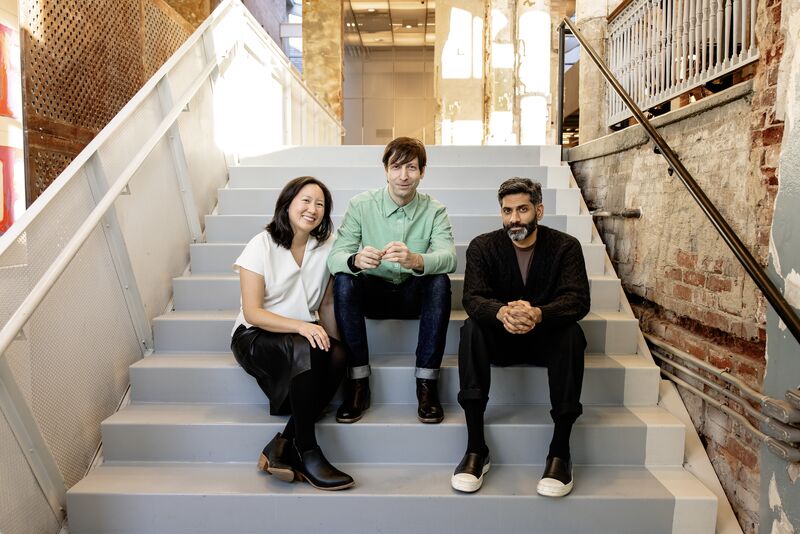Abridge, a key player in generative AI for clinical documentation, has secured an additional $150 million in funding, building on the momentum of its rapid adoption across U.S. health systems. Founded in 2018, Abridge is dedicated to improving understanding in healthcare through its AI-powered platform, which enhances clinical documentation efficiency while allowing clinicians to focus on patient care. Abridge’s enterprise-grade technology converts patient-clinician conversations into structured notes in real-time, integrating deeply with EMRs. The company’s Linked Evidence and auditable AI ensure that AI-generated summaries are accurate and reliable, setting new industry standards for responsible AI deployment in healthcare.
This funding round, just four months after their $30 million Series B, is one of the largest investments in healthcare-focused generative AI to date. The Series C round was led by Lightspeed Venture Partners, who will also join Abridge’s board of directors, along with co-lead investor Redpoint Ventures. Other notable investors participating include IVP, Spark Capital, Union Square Ventures, Bessemer Venture Partners, Wittington Ventures, and major healthcare organizations like the Mass General Brigham Artificial Intelligence and Digital Innovation Fund (AIDIF), Kaiser Permanente Ventures, and CVS Health Ventures.
As part of this announcement, Abridge has entered into a new enterprise agreement with Yale New Haven Health System, Connecticut’s largest healthcare network. This partnership will provide thousands of Yale clinicians access to Abridge’s AI-powered documentation platform, aimed at reducing the cognitive load of documentation tasks. The initial deployment will focus on enabling doctors to spend more direct time with patients, enhancing both the clinician experience and patient care.
Paul Ricci, Advisor at Lightspeed Venture Partners and former CEO of Nuance Communications, praised Abridge’s impact on reducing the documentation burden, noting that the platform helps capture valuable clinical data that could lead to new insights in population health management. “Abridge will free doctors from documentation tasks, improving the quality of care and strengthening doctor-patient relationships,” Ricci said.
Sebastian Duesterhoeft, a Partner at Lightspeed Venture Partners, highlighted Abridge’s leadership in AI for healthcare, crediting the company for its commitment to transparency, verification, and innovation in product development. He particularly noted CTO Zack Lipton’s role in building a research team focused on responsible AI, alongside Abridge’s groundbreaking features like Linked Evidence, which ties AI-generated summaries to the original data and audio sources, enhancing trust and accountability.

Abridge’s AI platform has been years in development, and its speech and language technologies are now capable of handling clinical documentation in 14 languages, with support for multilingual interactions. The platform’s ability to adapt in complex linguistic environments, such as when interpreters are present, sets it apart. Abridge has also developed its own large language models (LLMs), positioning itself ahead of the market by controlling its full technology pipeline. Their Linked Evidence feature has become essential, allowing clinicians to trace documentation back to its original audio, thus increasing the reliability of AI-generated notes.
With the fresh capital, Abridge plans to deepen its research efforts and build foundational models powered by multimodal healthcare data. These models will drive enhancements to the current product lines and open up new possibilities for the future. The company is also focusing on expanding capabilities like personalized clinical notes, deeper integration with EMRs, and delivering post-visit insights for clinicians.
Dr. Shiv Rao, CEO and Founder of Abridge, expressed gratitude for the continued support from leading healthcare institutions and emphasized the company’s commitment to improving patient outcomes through AI. “Our platform is designed to put clinician-patient conversations at the center of healthcare, and we believe that these conversations can power a revolution in AI-based documentation and beyond,” Rao stated.




